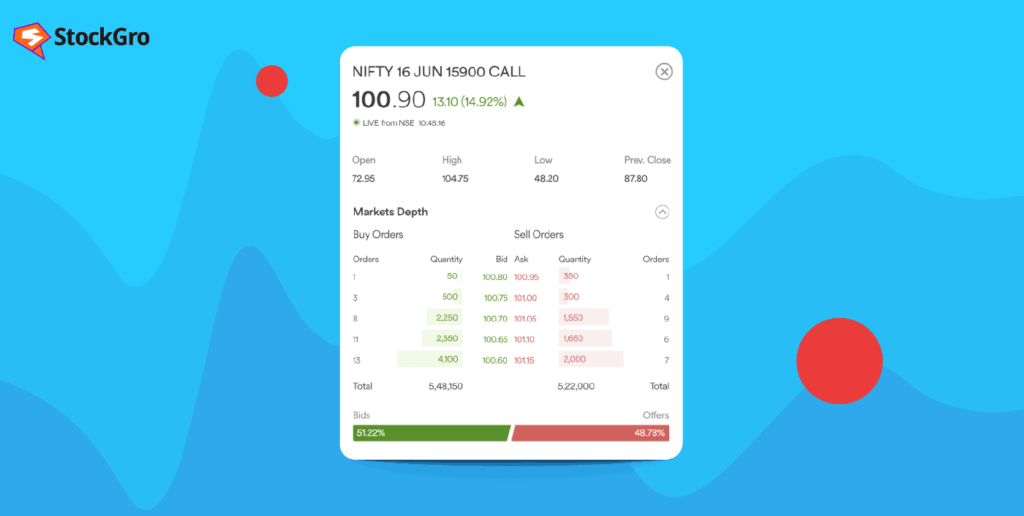Online trading and investment are becoming increasingly popular in today’s digital world, which attracts individuals seeking to grow their wealth over time. However, before embarking into the world of financial markets, it is very important to have a firm knowledge of the legal terms and concepts that govern these activities. It also helps you to learn market trading in a better way so that you can compete with others.
Once you get familiarized with these terms, it can help you as an investor to navigate the potential pitfalls and make the right financial decision. This article highlights some essential legal terms that Aspiring online traders and investors should understand before starting their journey in online platforms.

1. Brokerage Agreement
This is a legally binding contract between an investor and a brokerage firm. It outlines the terms and conditions under which the brokerage will execute trades on behalf of the investor. Important aspects covered in this agreement include commission rates, account maintenance fees, and dispute resolution procedures.
2. Risk disclosure statement
Online trading and investment come with various potential risks. Brokerages are required to provide investors with a risk disclosure statement that outlines the potential risk associated with trading and investing in various securities. It is essential to have investment education to read and comprehend this document before engaging in any transactions.
3. Know Your Customer (KYC)
These regulations require Financial Institutions, including online brokerages, to verify the identity of their clients and the potential risks of money laundering and other illicit activities. As an investor, you will likely need to provide identification documents and other personal information to comply with these regulations.
4. Margin trading agreement
Margin trading involves borrowing funds from a brokerage to trade securities. The margin trading agreement outlines the terms of this agreement, including the interest rates charged on the borrowed funds, the Collateral required, and the risk associated with trading on margin.
5. Privacy policy
Online brokerages collect and store personal and financial information from investors. Understanding the brokerage’s privacy policy is important to knowing how your data will be stored, used, and protected. Ensure that the brokerage’s privacy practices align with your comfort level.
6. Terms and conditions
These are the rules and regulations that govern the use of brokerage’s online trading platforms. They cover aspects such as account access trading limits fees and dispute resolution mechanisms. Familiarize yourself with these terms to avoid misunderstandings later on.
7. Order execution policy
This policy outlines how brokerage firms execute trades on behalf of their clients. It provides insights into factors such as order routing, price improvement, and potential conflicts of interest. Understanding this policy can help you assess the effectiveness of the brokerage’s trade execution practices.
8. Electronic communication agreement
Online trading platforms often communicate with investors through electronic means, including email and notifications on the platform. This agreement outlines the terms and conditions regarding electronic communications, including consent for receiving important notices and statements electronically.
To learn investment strategies, you need to understand these legal terms related to online stock trading or investing. It will help you to understand the market rules and regulations better, how to avoid or solve complications, and how to deal with the highly competitive market.